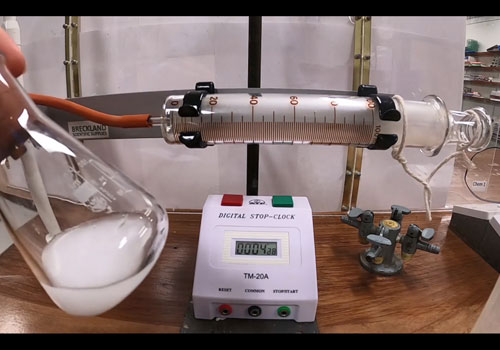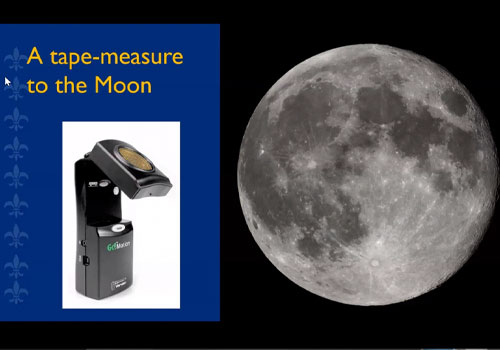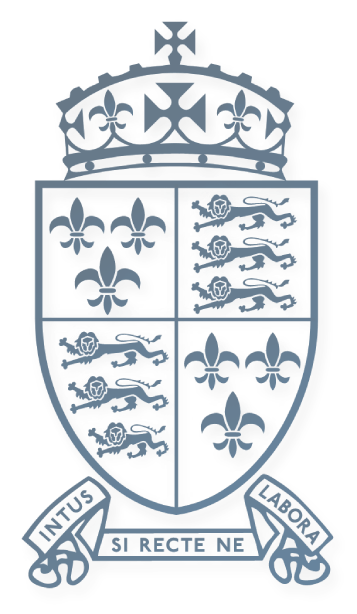Shrewsbury
STEM Masterclass Lectures

On Saturday 14th November, the Shrewsbury cohort of year 10 STEM Potential students had their second experience of STEM masterclass lectures, alongside Year 10 and 11 cohorts in the Oundle School locality.
The event, jointly presented by teachers at Shrewsbury and Oundle Schools, was supported by Imperial College London through their Teams virtual classroom environment; the College have had a flagship STEM Potential programme for a number of years and began a collaboration with Oundle three years ago. With that pilot course a success, Shrewsbury School has now also entered partnership with Imperial using this exciting and successful model. A move towards digital and online supported learning has catalysed a huge amount of innovation in schools generally, and so too with this programme. State-school students across the country are getting the opportunity to join events that bring together leading academics from the College research groups and top teachers in STEM from Shrewsbury and Oundle, all with the common goal of boosting performance and engagement in the Sciences from Year 10 to Year 13 in disadvantaged areas around those three hubs.
The event included four talks:
- Head of Science Partnerships at Shrewsbury, David Wray, began with a talk centred around factors that affect the rate of chemical reactions, including the demonstration of four investigative experiments. Interspersed between these were live analysis of the data from the experiments, so that conclusions could be drawn about a quantitative rate at various times and how concentration and surface area of reactants each affect it. The action of catalysts was discussed with a final investigative approach into which of a number of solids is the best catalyst for a given reaction.

- Head of Community Partnerships at Oundle, Gordon Montgomery gave a thoroughly engaging talk on the apparent coincidence that the difference of two consecutive triangular numbers (N and N+1) is equal to the cube of (N+1). Using algebraic skills from GCSE mathematics, he demonstrated a comprehensive proof that this must be the case in just a few lines, using physical models to back up his assertions. From the expression for the Nth triangular number to building cubes from the differences before our eyes, this was both fascinating and informative.
- Shrewsbury School’s Head of Astronomy and Teacher of Physics, Dr Mark Elliot, continued with a talk entitled the “Ladder to the End of the Universe”. With links to various aspects of the GCSE Physics course, including parallax error, the inverse square law for light intensity and the Doppler effect, this insight into the limitations of measurement from our viewpoint on Earth as well as the incredible scale of the known universe was well-received indeed. Dr Elliot touched upon big ideas like redshift, type 1a supernovae, the cycles of cepheid variable stars and apparent brightness versus absolute brightness to illustrate how scientists determine astronomical distances; from a few thousand kilometres to 4 gigaparsecs in 25 minutes!

- In the final talk, Oundle School’s Outreach Fellow, Dory Polos, who is completing her PhD at Imperial College, covered the nuances of DNA and its replication. From the 4 types of base and their pairings through transcription and translation into proteins, this was a comprehensive look at the vocabulary and skills required in this area at GCSE. Linking to a contemporary theme towards the end, Miss Polos was able to clearly explain how RNA from the Covid-19 coronavirus can be duplicated to facilitate testing for the virus. With the addition of fluorescent markers selectively to viral RNA (and not the host human DNA), followed by exponential increase in RNA in the sample, a visible signal may be produced. Finally, a common cause for ‘false negative’ test results was explored, in terms of a detection threshold for the markers and a limit to the number of duplication cycles that are performed.
Events like these are set to continue through the rest of the academic year, until such a time as we can once again welcome groups of external visitors to School and plans are already underway for the Lent Term in collaboration with Oundle and Imperial. Aside from these, the Shrewsbury cohort have also been encouraged to think about science careers and its impact on the world through direction towards online interviews and talks with eminent scientists as well as get hands-on at home with a few curriculum-based practical experiments: extracting DNA from Strawberries, creating indicators from vegetables and measuring the strength of gravity in their own homes. We are all very excited to continue to develop the programme through the year and beyond, as we expand to have new Year 10 students in September, while retaining the current group into Year 11.
David Wray, Head of Science Partnerships, Shrewsbury School












.png&command_2=resize&height_2=85)




.JPG&command_2=resize&height_2=85)



